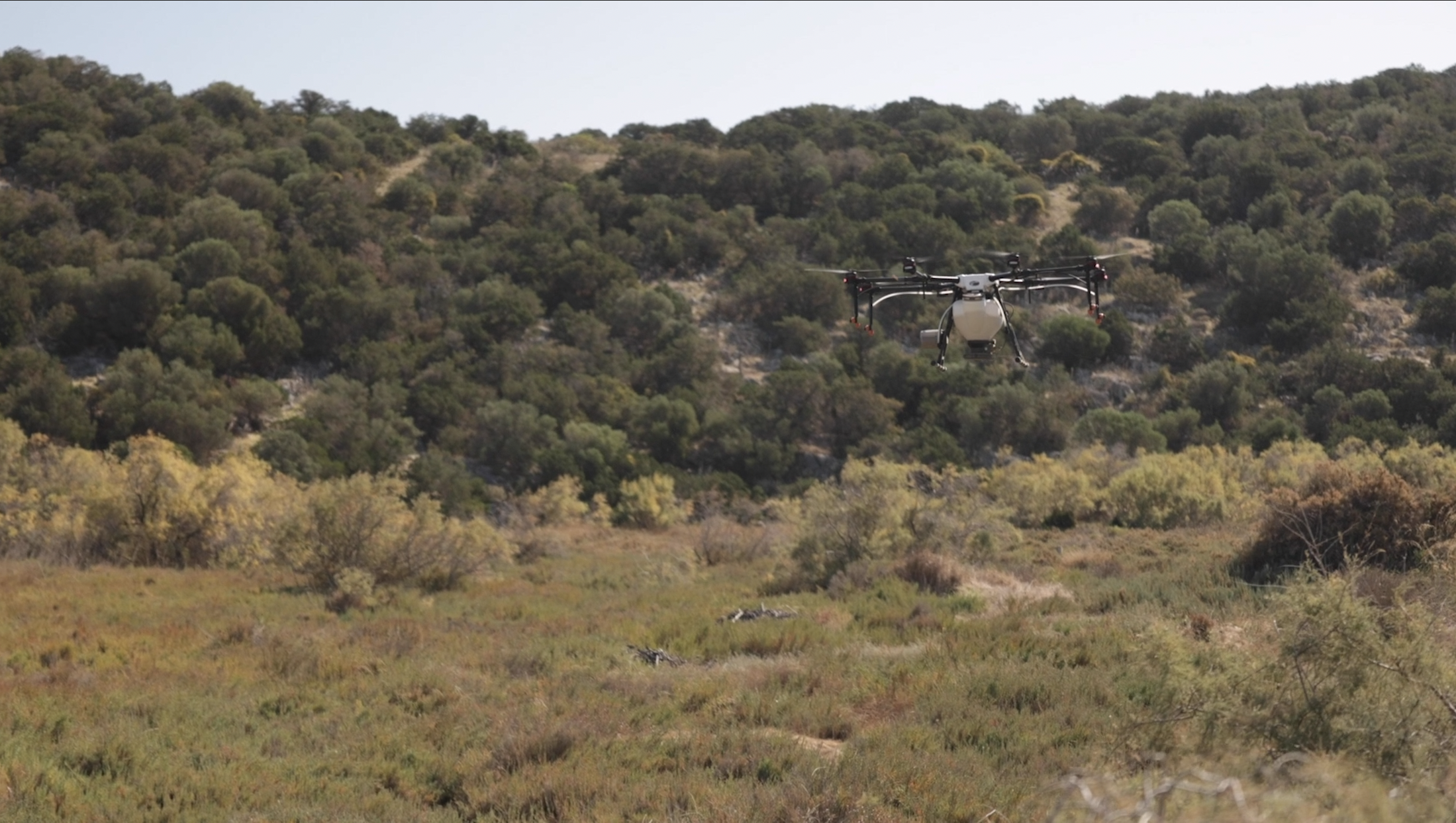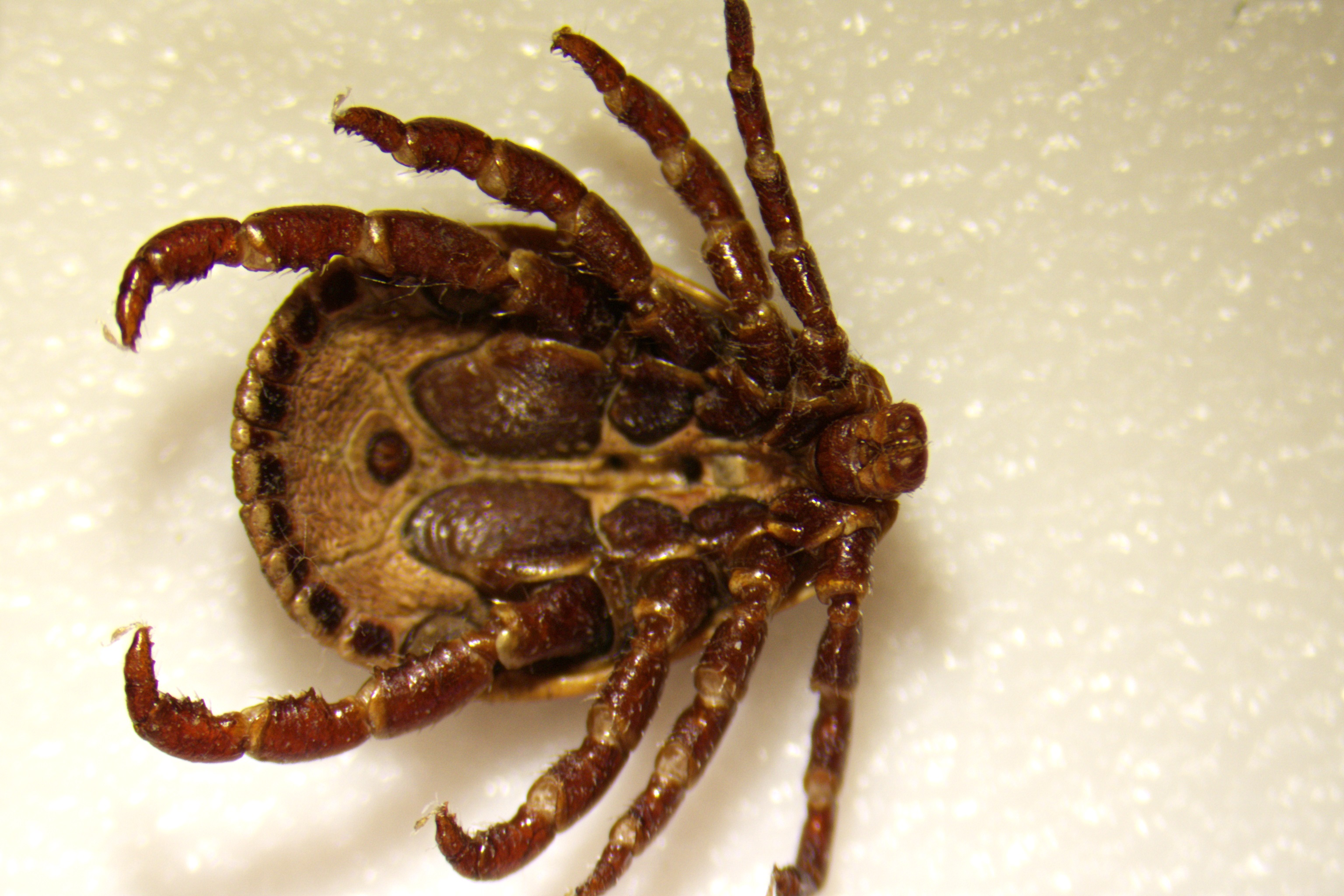Greece is experiencing many effects from climate change. Temperatures have steadily increased and are projected to increase by the end of the century. Rainfall is generally on the decline, but extreme events, storms and floods are anticipated to increase in frequency and magnitude directly affecting vector borne diseases.
“This video, produced by IDAlert, features interventions in Greece for mosquito surveillance and control. In the Region of Attica we showcase three unique environments: Marathonas, Psatha and the Municipality of Athens. You will see examples of interventions being implemented on the ground, to manage current risks and futureproof against potential infectious disease threats. The Benaki Phytopathological institute, an IDAlert partner, leads this initiative with key governmental and institutional entities.” Dr. Aditi Bunker, Heidelberg Institute of Global Health.
“We aspire to achieve a balance between the maximum effect of selected interventions and to minimise the risk to our populations and environment. Therefore, we carefully select our surveillance and control strategy and adapt it according to the aim, the expected outcomes and the targeted mosquito species, native or invasive,” Dr. Antonios Michaelakis, Benaki Phytopathological Institute in Greece.
Watch our video about mosquito control measures in Greece, which are more important than ever to protect populations against vector-borne diseases now and in the future.





